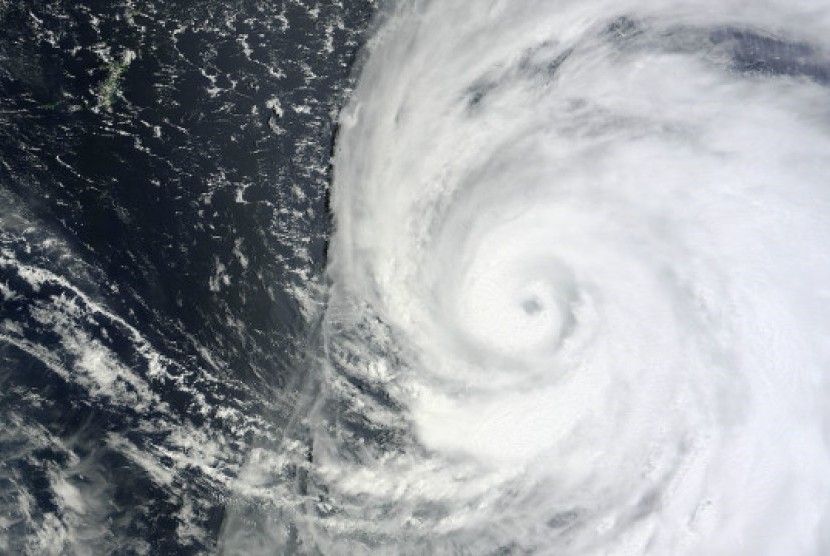REPUBLIKA.CO.ID, JAKARTA -- The massive earthquake in Chile this past week generated warnings of aftershocks and tsunami alerts from Australia to the United States. However, it appears that the impact was limited due to a community-based approach to disaster risk management that officials took at the epicenter and across the region.
Steps taken by Chile to mitigate the effects of the quake and its subsequent resilience in the aftermath of the quake inspired emergency management officials from across the APEC region who convened this week at a workshop on community-based disaster risk management. APEC Emergency Preparedness Working Group acknowledged that the the Asia-Pacific region now faces more extreme disasters as a result of climate change. For example, earthquakes and tsunamis Chile and Japan, floods in Thailand, storms and super storms in the Chinese Taipei and the Philippines, and large-scale droughts in the United States and New Zealand have impacted the region.
“Natural disasters will not only directly impact the life of local people and local efforts in poverty reduction and sustainable development, they also disrupt production and business activities of enterprise,” Vietnam's Vice Minister of Foreign Affairs, Vu Hong Nam said on Monday.
In the context of deepening globalization and increasing economic interdependence, he said that natural disasters could generate systematic impacts by disrupting the global supply and value chains. Early prevention measures with the participation of communities in all stages - from mitigation, preparedness, response to post-disaster recovery - are most effective in saving lives and minimizing the adverse economic and social impacts.
Demonstrated by the tsunami warnings issued by the Pacific Tsunami Warning Center shared with local authorities in impacted areas, the international community is accelerating cooperation. All parties should improve policy coordination, strengthen cooperation and take decisive measures to build up the response capability of communities and our member economies in this area.
Co-Chair of the APEC Emergency Preparedness Working Group, Li Wei-Sen added that integrating different sectors to reduce disaster risk would help facilitate the safety and resilience of goods in supply chains during periods even at times of disasters. Business continuity planning protects small and medium enterprises against severe impacts of disaster at the grassroots level.
“Taking an inclusive approach, we must better preparing vulnerable populations by engaging stakeholder communities,” Li said.
Encouraging transparency of information and sharing best practices will help all membrs and communities to be more resilient in the face of disaster.


